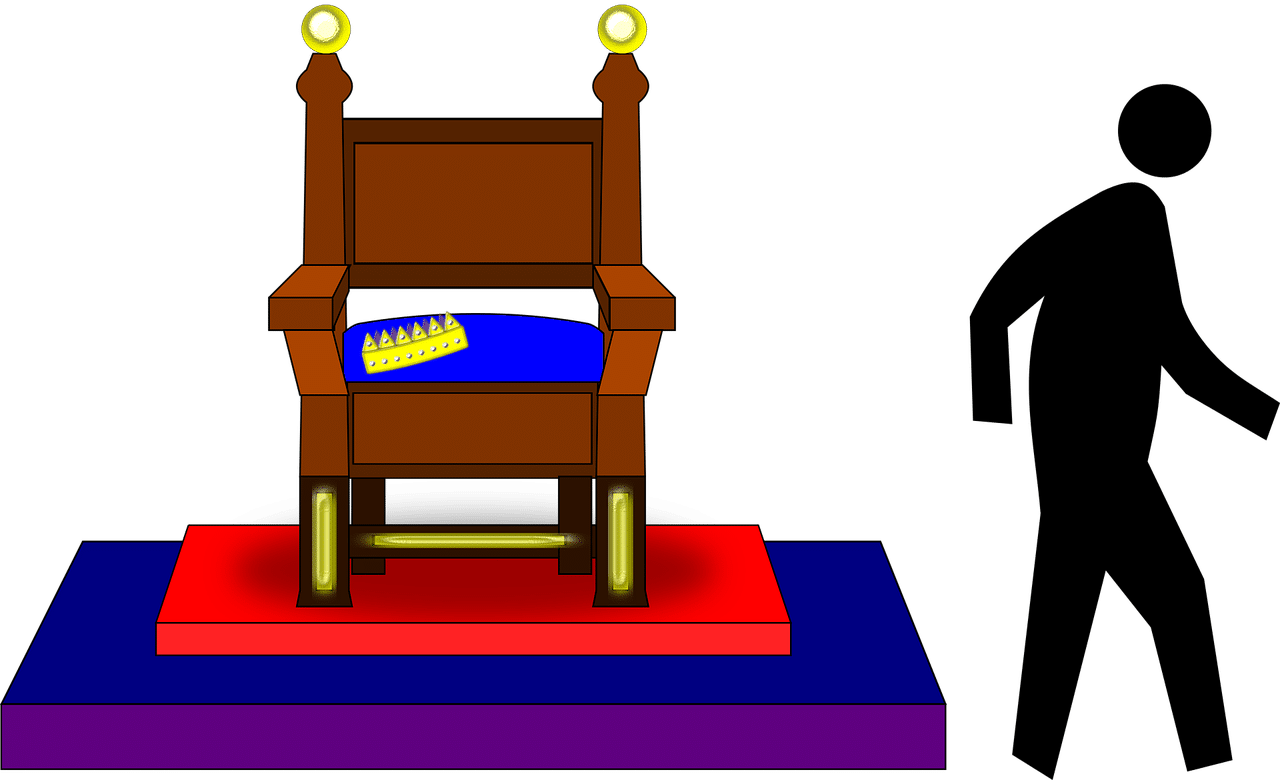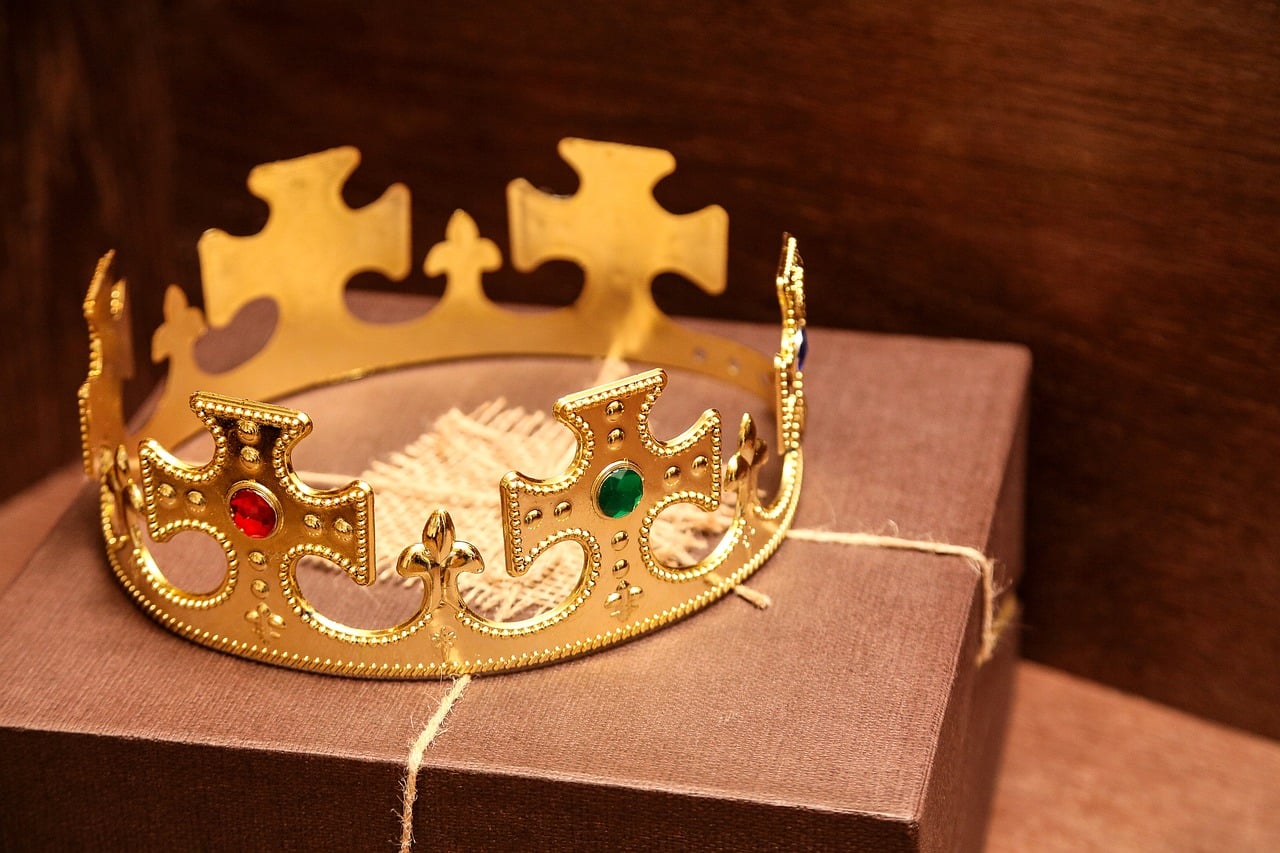
Abdication involves the renunciation of power, especially by a king.
Abdication is the action and effect of abdicating (declining or ceding sovereignty , giving up rights or advantages). The term, which comes from the Latin abdicatĭo , is also used to name the document in which said abdication is recorded.
For example: "The prince decided to abdicate after the war with the neighboring people" , "Let all subjects and lackeys know: abdication is not an option for His Majesty" , "The abdication of King Martin IV left the throne in hands of his son Felipe .
Abdication concept
Abdication implies an act through which a subject himself gives up his position before the expiration of the previously established time . This is a concept similar to that of resignation .
In ancient times, the notion was also used to name the action of dispossessing a family member (such as disinheriting a child). Currently, however, abdication is used almost exclusively in the aforementioned sense of renouncing power .

The abdication of a monarch implies a change of sovereign.
Historical examples
Throughout history there have been numerous transcendent abdications. Diocletian ( 244 – 311 ), for example, was the first Roman emperor to leave office voluntarily. This man abdicated in 305 when he found himself ill and cornered by various problems.
Christina of Sweden (1626–1689), por su parte, abdicó en 1654, el mismo año en que dejó el protestantismo y se convirtió al catolicismo. Philip V of Spain, Louis Bonaparte of Holland, Victor Emmanuel of Sardinia, Ferdinand of Austria, Nicholas II of Russia y Farouk I of Egypt son otros monarchs que, en cierto momento de su reinado, optaron por la abdicación.
In the same way, we must not forget the well-known Bayonne Abdications , which took place in 1808 in the French city that gives them their name. Specifically, what they meant was that Kings Charles IV and Ferdinand VII , son of the previous one, decided to renounce the throne of Spain in favor of the famous Napoleon Bonaparte . This figure, for his part, proceeded to do the same for the benefit of his brother: José Bonaparte , popularly known in the country as "Pepe Botella" for his love of alcohol.
The latter ruled under the name of José I and served as such until 1813 , at which time he would have to leave Spain due to various conflicts and lost battles. From his time on the throne, it has also been highlighted that he was also nicknamed "The square king" , because he opened many squares in the city of Madrid .
Abdication in the 21st century
In the 21st century we are witnessing some abdications by the kings who are at the head of their countries in Europe . This would be the case, for example, of the Spanish monarch Juan Carlos I who, after thirty-nine years on the throne, abdicated in favor of his male son.
Thus, in the aforementioned nation now the king is the former Prince Felipe , who went on to become the monarch Felipe VI and his wife Queen Letizia . In this way, the heir to the throne is his firstborn, Princess Leonor .
